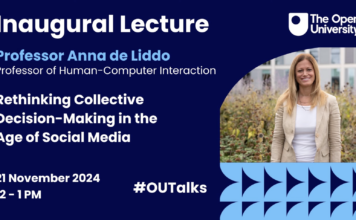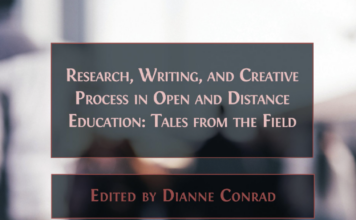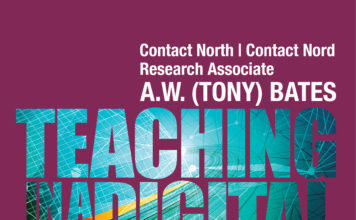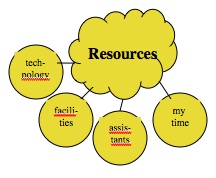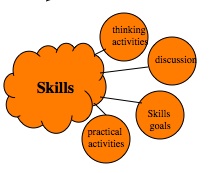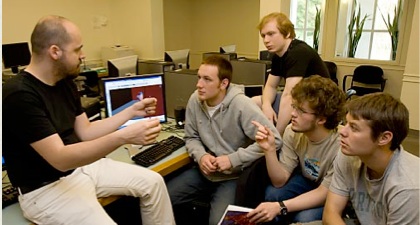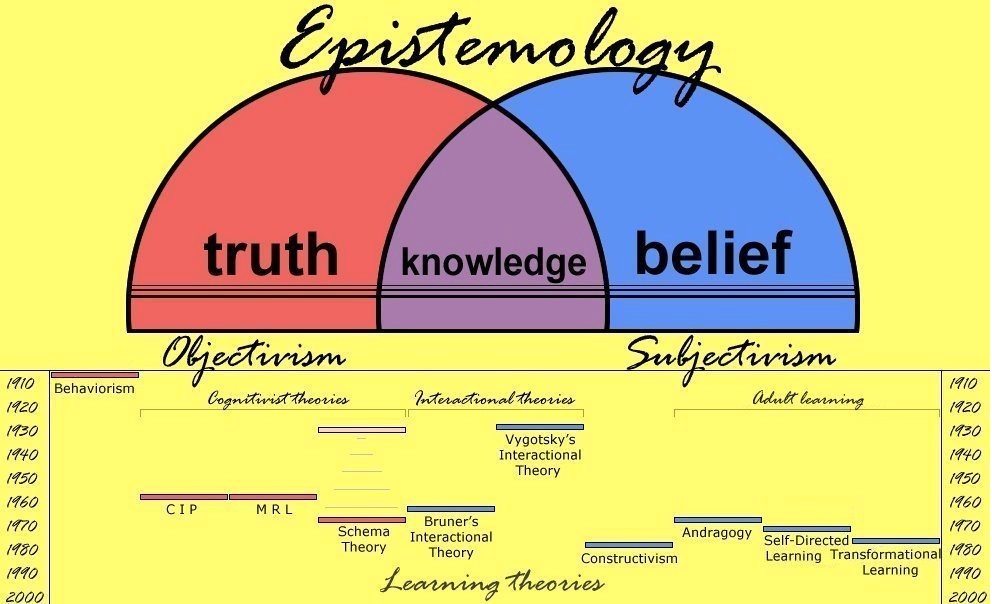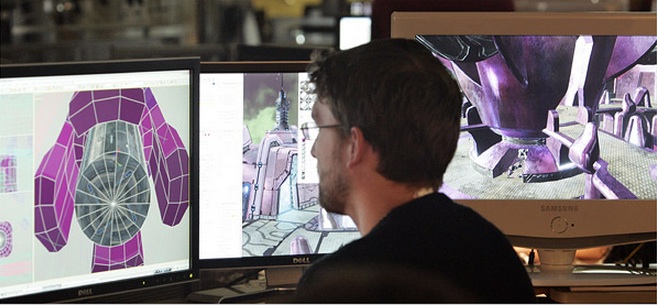Two design models for online collaborative learning: same or different?
I am now about to wrap up my Chapter 5 on Design models, for my open textbook, Teaching in a Digital Age.
Here I am...
Why MOOCs are only part of the answer for higher education
OK, except for the next post, which will be a list of publications on MOOCs for graduate students studying the topic, and a scenario for...
The strengths and weaknesses of MOOCs: Part 2: learning and assessment
The writing of my book, Teaching in a Digital Age, has been interrupted for nearly two weeks by my trip to England for the...
Adapting student assessment to the needs of a digital age
The story so far
Chapter 5 of my open textbook, ‘Teaching in a Digital Age’ is about the design of teaching and learning, which I am...
Developing intellectual and practical skills in a digital age
The story so far
Chapter 5 of my open textbook, ‘Teaching in a Digital Age’ is about the design of teaching and learning, which I am...
Dialogue and discussion: critical for 21st century skills development
Introduction
First of all, thanks to the numerous people who commented on my earlier posts on Why Lectures are Dead, and on Learning Theories and...
The nature of knowledge and the implications for teaching
Teaching in a Digital Age
I've now just published Chapter 2 of my open textbook, Teaching in a Digital Age.
Chapter 1 looks at the fundamental changes...
Opening up: chapter one of Teaching in a Digital Age
I've not been blogging much recently, because (a) I've been on holiday for a month in the Mediterranean and (b) I've been writing my...
Are universities teaching the skills needed in a knowledge-based economy?
I've been on holiday the last two and a half weeks, but also doing some writing for my open textbook on teaching in a...
Does distance education socialize students? A study from Québec
Loisier, J. (2014) Socialisation des Etudiants en FAD au Canada Francophone Montréal QC: REFAD
REFAD (the Canadian francophone distance education network) has published a very...



